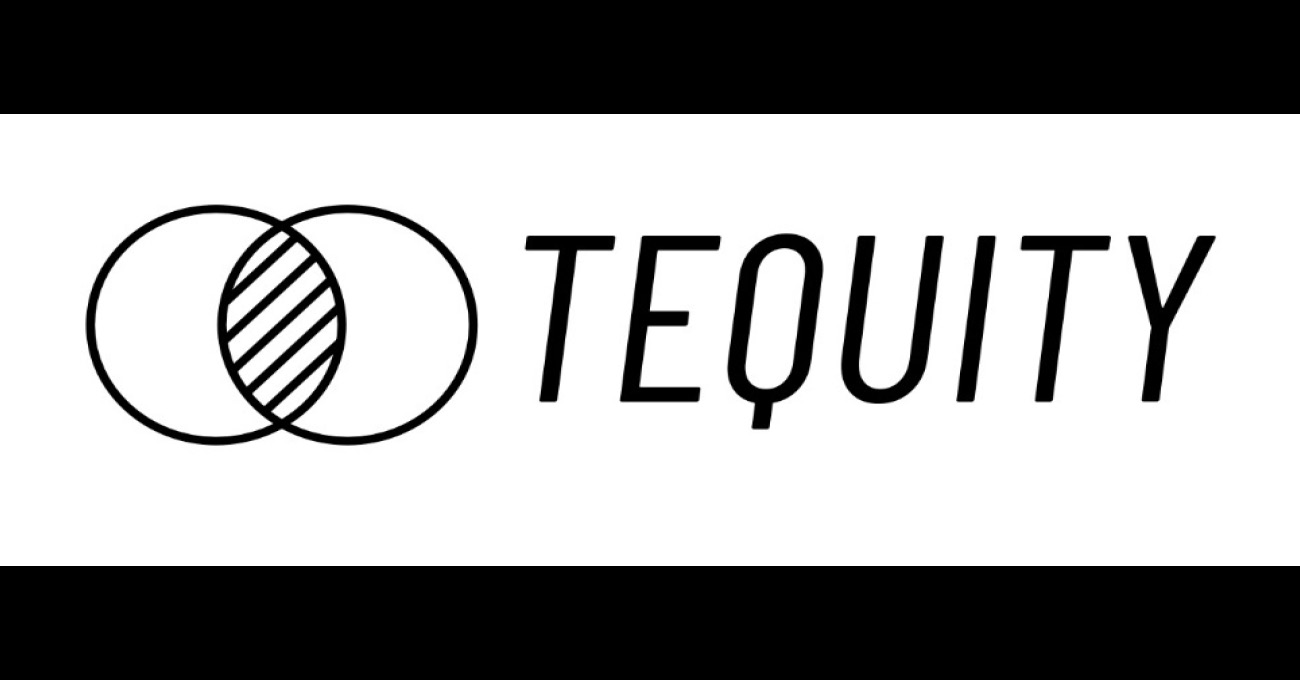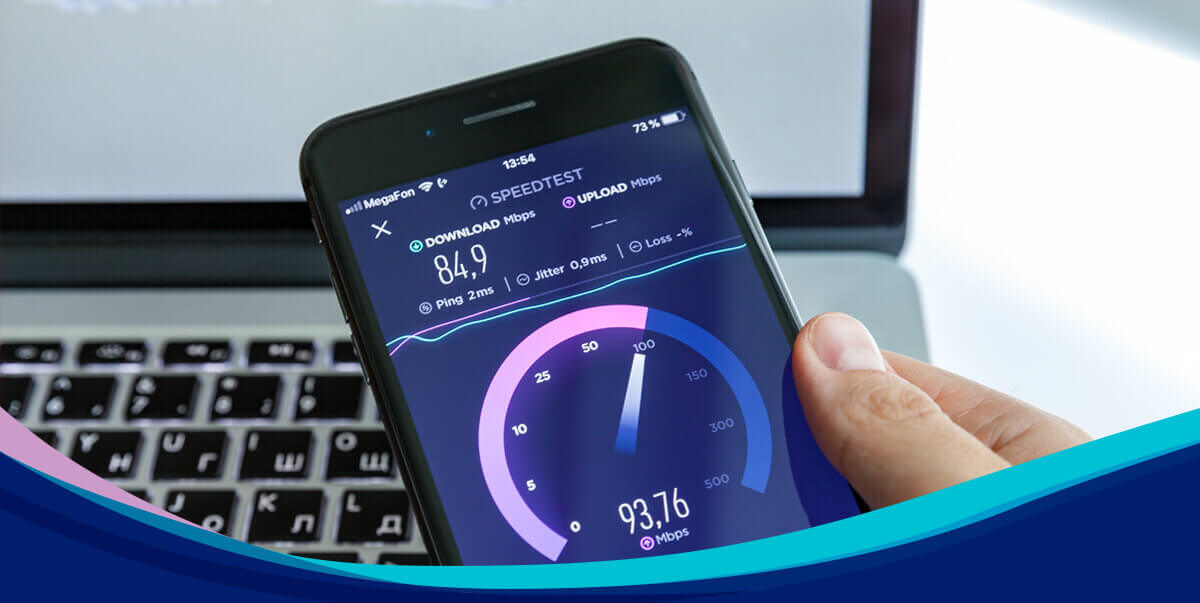[co-author: Anthony Kim]*
The Patent Trial and Appeal Board held all challenged claims of IGT’s patent unpatentable as obvious over two prior art patents. Zynga Inc. v. IGT, IPR2022-00199-32. In doing so, the PTAB further held that, contrary to IGT’s position, there was no interference estoppel.
The patent at issue, U.S. Patent No. 7,168,089 (“the ’089 patent”), relates to gaming machines and methods for securing communications for transferring gaming software and information between a gaming machine and a gaming server. The PTAB focused its analysis on independent claims 28 and 84, which the other challenged claims depends on.
A central issue with claim 28 was whether prior art U.S. Patent No. 5,823,879 (“Goldberg”) discloses the transfer of gaming software, as asserted by Zynga. Specifically, Zynga argued that Goldberg teaches the transmittal of HTML web pages, and that the HTML pages were analogous to gaming software because they allowed gameplay of blackjack and other games of chance on a user’s device. IGT countered that Zynga was relying on hindsight by mischaracterizing HTML web pages as high-level executable programs.
In its Final Written Decision, the PTAB explained that the issue of whether Goldberg taught the transfer of gaming software depended on the meaning of the term “gaming software.” The PTAB looked to the specification and the claims and construed “gaming software” broadly. The PTAB also credited Zynga’s expert, who testified that the HTML web pages would be understood as gaming software because they changed the “look and feel” of the game’s user interface. And, as the PTAB acknowledged, HTML script was often referred to as software in the prior art. Consequently, the PTAB found that Golberg did teach the transfer of gaming software, without having to rely on hindsight.
The PTAB turned to whether there was motivation to combine Goldberg with the other prior art patent (“Olden”), which according to Zynga, taught player verification. Zynga reasoned that a POSITA implementing Goldberg would have also been familiar with Olden. IGT argued that Goldberg did not function as any software authorization agent because it performs ordinary database operations, and that a POSITA would find it counter-productive to use the technique from Oden. The PTAB sided with Zynga, finding that Olden was intended to be integrated with web-based applications for games like blackjack (i.e., Goldberg).
With respect to claim 84 and the other challenged claims, the PTAB was persuaded by Zynga that the claims were sufficiently similar to claim 28, so the same arguments for obviousness applied.
In addressing IGT’s argument that interference estoppel applied, the PTAB simply recited the procedural history. The PTAB explained that earlier in the IPR, IGT had raised interference estoppel in its Preliminary Response to the Petition. The PTAB, in the Decision to Institute, waived the requirements of Section 41.127(a)(1) to the extent that interference estoppel applied. IGT then filed a Request for Rehearing and Precedential Opinion Panel Review, which was denied. Finally, USPTO Director Vidal sua sponte affirmed the PTAB’s Institution, determining that interference estoppel did not apply, regardless of the PTAB’s waiver.
*Summer Associate
https://www.jdsupra.com/legalnews/ptab-doubles-down-on-interference-8748895/






